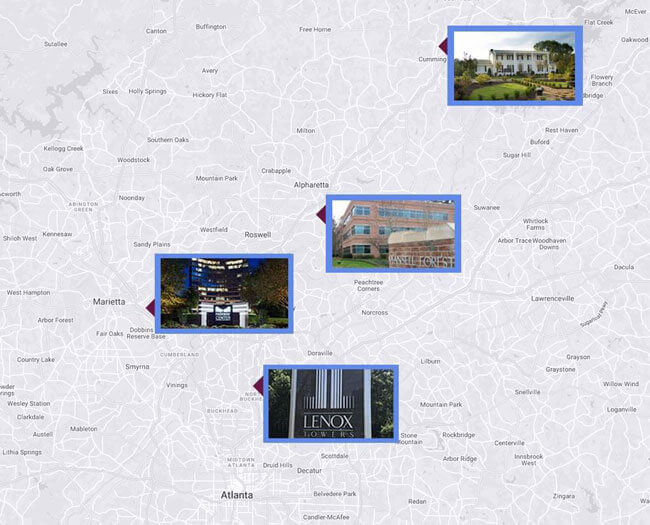“[M]ediation seems more like art than science,” says one family law commentator and professional mediator.
And with ample evidence of that being true, it stands to reason that some mediators are, well, better artists than others.
What that centrally means to any person exploring divorce mediation as an alternative to a formally litigated divorce in Georgia or elsewhere is this: Choose your mediator well.
It is not hard to see why securing a proven divorce mediator in a marriage dissolution — as opposed to a novice or generalist lacking certification and other relevant divorce-related training — can foster optimal trust in the process and facilitate the highest degree of success.
For starters, every divorce brings unique issues to the table, as well as singular personalities. Parties are often unclear at the outset of the process what it entails and how it should proceed. A lack of trust — or at least a withholding of complete trust — can often pervade a mediation atmosphere at its outset.
An experienced mediator knows those things and is trained through successive mediations to be sensitive to them. That experience means that a proven mediator will assume a relatively passive stance in some mediations — letting clients take the lead in setting the agenda and working things out — and take a more hands-on and educative role in others.
How an experienced mediator exercises professionalism and drives positive results in a divorce mediation depends on a widely integrated skill set that relies on empathy, instinct and formal training.
The ability to be flexible and establish trust in all parties is obviously of crucial importance as well.
How will a divorce client know when she or he has found the right mediator? Although that answer often emerges with clarity during the mediation process, an initial consultation marked by candor and a full discussion of all relevant issues can go far toward supplying the answer.
Source: Huffington Post, “Mediator as truthsayer,” Laurie Israel, Oct. 23, 2013

